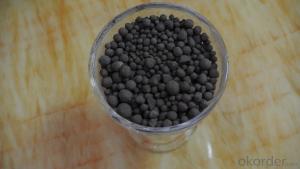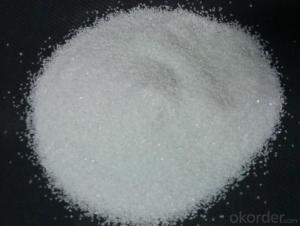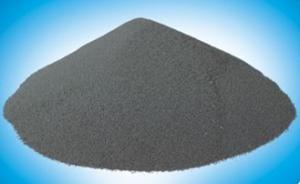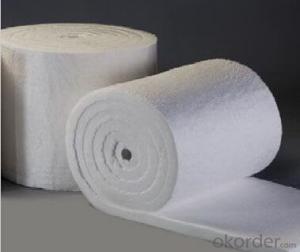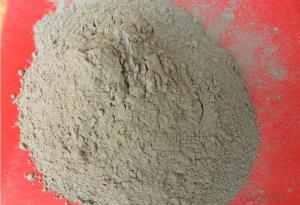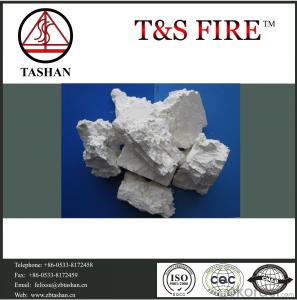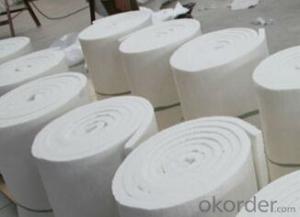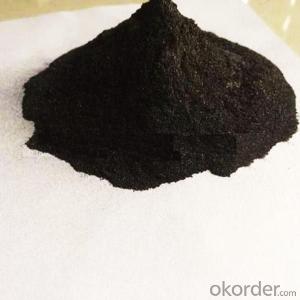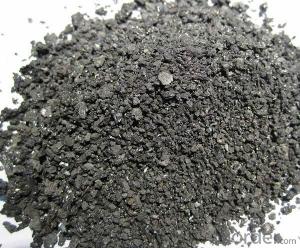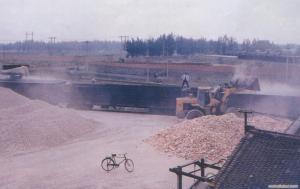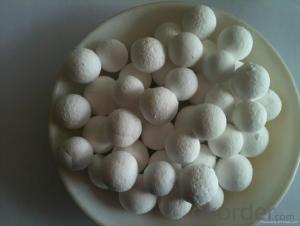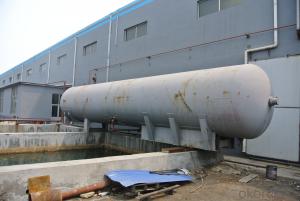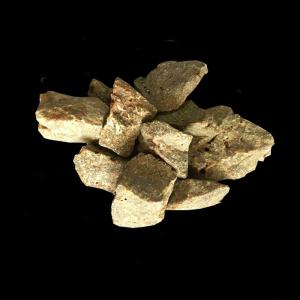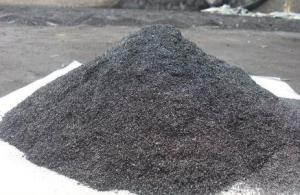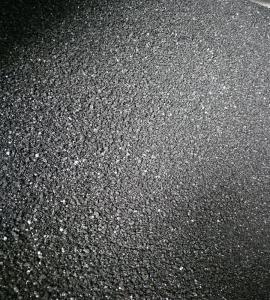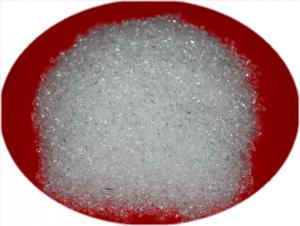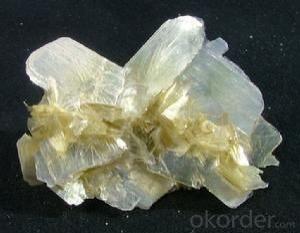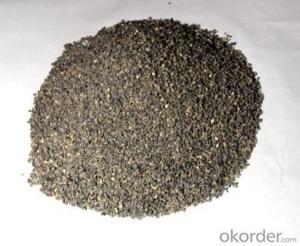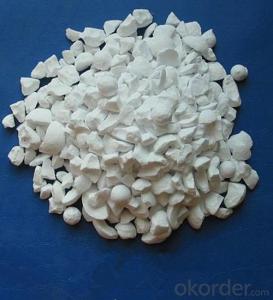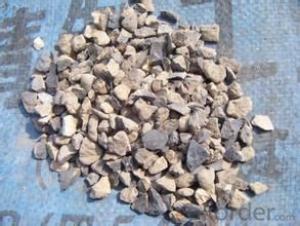All Categories
- - Steel Wire Rod
- - Steel Coils
- - Steel Profiles
- - Steel Pipes
- - Stainless Steel
- - Tinplate
- - Special Steel
- - Steel Sheets
- - Steel Rebars
- - Steel Strips
- - Hot Rolled Steel
- - Cold Rolled Steel
- - Pre-painted Steel
- - Seamless Steel Pipe
- - Welded Steel Pipe
- - Hollow Steel Tubes
- - Galvanized Pipe
- - Stainless Steel Coil
- - Stainless Steel Sheet
- - Stainless Steel Plate
- - Stainless Steel Strips
- - Electrolytic Tinplate Coil
- - Electrolytic Tinplate Sheet
- - Stainless Steel Rebars
- - Solar Panels
- - Solar Water Heater
- - Solar Related Products
- - Solar Inverter
- - Solar Cells
- - Solar Light
- - Solar Energy Systems
- - Solar Controllers
- - Solar Mounting System
- - Solar Pump
- - Solar Chargers
- - Fiberglass Chopped Strand
- - Fiberglass Mesh Cloth
- - Composite Pipes
- - FRP Pultrusion Profiles
- - Fiberglass Mat Tissue
- - Fiberglass Fabrics
- - Fiberglass Mesh
- - Composite Tank
- - Fiberglass Mesh tape
- - Polymer
- - FRP Roofing Panel
- - Fiberglass Roving
- - Monolithic Refractories
- - Ceramic Fiber Products
- - Refractory Bricks
- - Raw Materials For Refractory
- - Suspended Platform
- - Cranes
- - Concrete Machinery
- - Earthmoving Machinery
- - Building Hoist
- - Road Building Machinery
- - Plastic Pipe Fittings
- - Plastic Tubes
- - Plastic Sheets
- - Agricultural Plastic Products
- - Plastic Nets
Q & A
How is mullite formed during the firing process in the production of refractory materials?
Mullite is formed during the firing process in the production of refractory materials through a chemical reaction between alumina (Al2O3) and silica (SiO2) at high temperatures. The reaction occurs when the raw materials are heated to a specific temperature range, typically between 1300°C and 1600°C, causing the alumina and silica to combine and transform into mullite. This formation of mullite contributes to the desired properties of refractory materials, such as high thermal stability, excellent strength, and resistance to thermal shock.
What are the advantages of using mullite insulation bricks?
Mullite insulation bricks offer several advantages. Firstly, they have excellent thermal insulation properties, which help in conserving energy and reducing heat loss. They also have high refractoriness, meaning they can withstand high temperatures without undergoing significant deformation or damage. Additionally, mullite insulation bricks have good resistance to thermal shocks and chemical corrosion, making them suitable for various industrial applications. Moreover, their lightweight nature makes them easier to handle and install, reducing labor costs. Overall, the use of mullite insulation bricks provides improved energy efficiency, durability, and cost-effectiveness.
What are the properties of bauxite-based refractory materials?
Bauxite-based refractory materials have several properties that make them suitable for high-temperature applications. These properties include high thermal stability, excellent resistance to thermal shock and corrosion, good mechanical strength, and low porosity. Additionally, bauxite-based refractories exhibit good refractoriness, meaning they can withstand high temperatures without significant deformation or degradation.
What are the refractory raw materials used in lining reactors?
The refractory raw materials commonly used in lining reactors include materials such as fire clay, high-alumina, silica, zirconia, and magnesia. These materials possess high heat resistance and can withstand extreme temperatures and chemical reactions that occur inside the reactor.
Wholesale Raw Materials For Refractory from supplier in Israel
Our team is dedicated to ensuring that our customers receive the highest quality raw materials for their refractory products. We work closely with our suppliers to source the best materials at competitive prices, ensuring that our customers receive the best value for their investment.
In addition to sales and procurement, we also provide technical support services to help our customers optimize their refractory products. Our team of experts can provide guidance on material selection, product design, and troubleshooting, ensuring that our customers achieve the best possible performance from their refractory products.
We understand the unique requirements of the Israeli market and tailor our services to meet the specific needs of our customers. Whether you are a small business or a large industrial company, we can provide the right solutions for your refractory material needs.
As a subsidiary of CNBM, a Fortune Global 500 company, we have access to a vast network of suppliers and resources. This allows us to offer a comprehensive range of raw materials for refractory products, ensuring that our customers have access to the latest and most advanced materials on the market.
Our commitment to customer satisfaction and our expertise in the Israeli market make us the ideal partner for your raw materials for refractory products needs. Contact us today to learn more about how we can support your projects and help you achieve success.
In addition to sales and procurement, we also provide technical support services to help our customers optimize their refractory products. Our team of experts can provide guidance on material selection, product design, and troubleshooting, ensuring that our customers achieve the best possible performance from their refractory products.
We understand the unique requirements of the Israeli market and tailor our services to meet the specific needs of our customers. Whether you are a small business or a large industrial company, we can provide the right solutions for your refractory material needs.
As a subsidiary of CNBM, a Fortune Global 500 company, we have access to a vast network of suppliers and resources. This allows us to offer a comprehensive range of raw materials for refractory products, ensuring that our customers have access to the latest and most advanced materials on the market.
Our commitment to customer satisfaction and our expertise in the Israeli market make us the ideal partner for your raw materials for refractory products needs. Contact us today to learn more about how we can support your projects and help you achieve success.
Hot Search
- Monolithic Refractories in Sri Lanka
- Ceramic Fiber Products in Niue
- Refractory Bricks in Namibia
- Raw Materials For Refractory in Belgium
- Refractory Bricks in Iraq
- Refractory Bricks in Tunisia
- Refractory Bricks in Maldives
- Refractory Bricks in Armenia
- Monolithic Refractories in Colombia
- Refractory Bricks in Ethiopia
